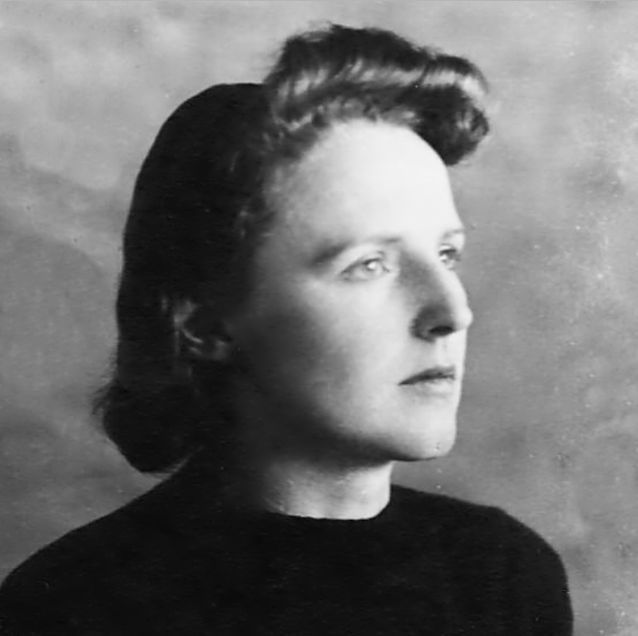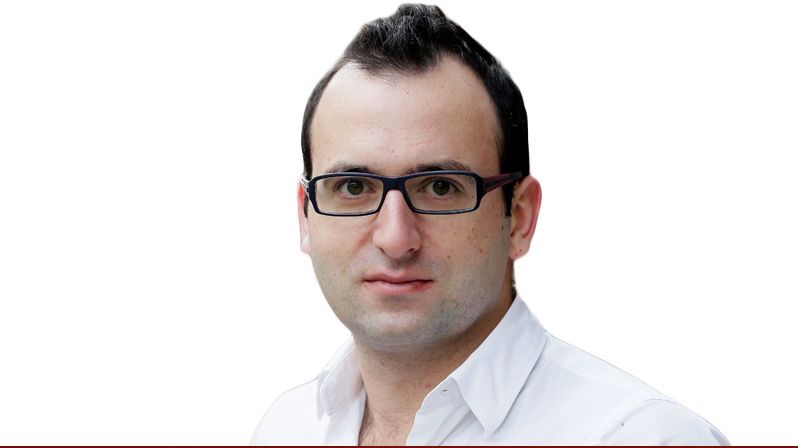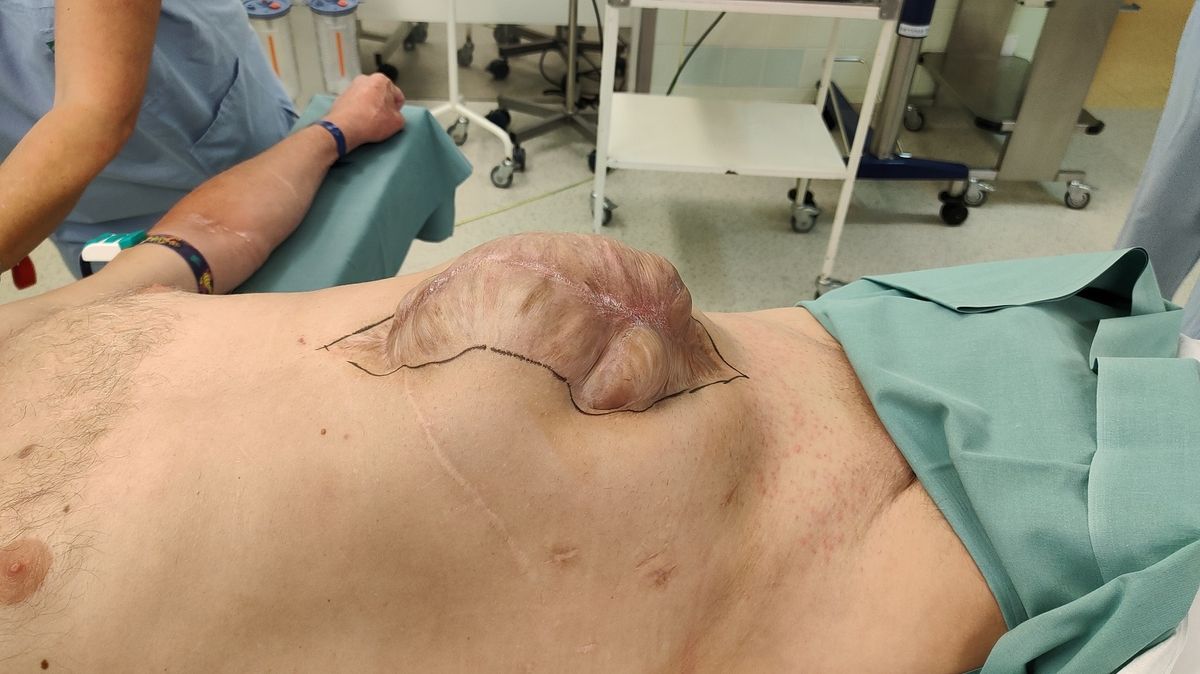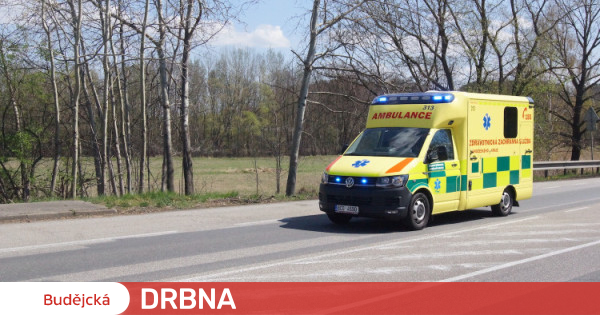80 years ago, Irena Bernášková was beheaded in Berlin. A brave and stubborn resistance fighter became the first Czech woman to be executed by the Nazis. Together with his father, graphic artist Vojtěch Preissig, he was a leading figure in the Czech resistance. Now both will be commemorated by the Czechoslovak legionary community museum in Amberk, East Bohemia.
Wednesday, August 26, 1942, death row, Charlottenburg district of Berlin.
“My dear! My time has come. You will not believe that I will leave in peace … I kiss and hug all of you, each separately, and I wish you a lot of health and happiness, so that in a better life after death Your war will make up for all the sorrows you have to go through in this war … I will not be like a slave driven into his dungeon, but like a man who wraps himself in his cloak and lies down for a pleasant dream of five o’clock in the morning. ..
Irene you love.”
A sturdy building made of orange bricks from the second half of the 19th century, narrow window slits, bars, the executioner’s house with the guillotine, the six-meter-high walls surrounding the twenty-six-acre prison complex. Near the canal fed by the waters of the Spree River, the harbor, panoramic views of the Plötzensee glacial lake.
Plotzensee. Terms related to death. It was also carried by the local prison, where during the occupation of Czechoslovakia, the Nazis killed nearly seven hundred Czech patriots with the guillotine or on the gallows. Among them was Irena Bernášková, Inka, after whom a farewell letter was kept. Prisoners are censored.
Inka, along with his father Vojtěch Preissig – also outstanding personalities, which will be discussed later – joined the resistance immediately following the occupation of another Czechoslovakia by the German army. He fearlessly translates MS. soldiers across the border, he published a famous illegal magazine with his father To fight. 37 issues were published directly under his leadership.
He also provocatively sent the magazine to the Gestapo stationed at the Petsch Palace. In the summer of 1939, the Secretary of State for the Office of the Protector of the Reich Karl Hermann Frank even received several copies. In short, the Incas gave up everything to the resistance. He’s very active. And the Nazis were furious. His capture was a task given from the highest place, even so they didn’t manage to catch him for a long time. He slipped out of the Gestapo net several times. He was finally arrested on Saturday, September 21, 1940, during a secret meeting on Prague’s Na Poříčí Street.
With his courage during the extremely brutal interrogation, when he bore all the blame, he saved several of his comrades from resistance. “Slaps here and there from the Gestapo stick, I don’t mind. I only get joy from his anger if I don’t tell him enough he can’t know more,” he read defiantly.
However, he could not protect his own family from systematic crimes. Her father, sister Yvona and ex-husband Eduard Bernášek were arrested. At least the Inca’s rebuttal was reflected in the many punishments they received. Vojtěch Preissig was sentenced to less than three years, Eduard two years and three months. However, they did not escape the Nazis. The father died of typhus in the Dachau concentration camp in 1944, the husband was martyred in the Buchenwald concentration camp that same year.
Theater in Nazi courts
Vojtěch Preissig, graphic artist, typographer, painter and illustrator, was involved in the Czechoslovak foreign resistance during the First World War, at that time he was working in Boston America. From 1917 he worked for the New York branch of the Czechoslovak National Council. He produced promotional posters and postcards and organized the recruitment of Czech and Slovak volunteers for the Czechoslovak foreign army in France. After the entry of the United States into the First World War, he also participated in the promotion campaign of the American army.
He returned to his homeland only at the end of the 1930s. His daughters had come to Czechoslovakia a decade earlier. After the formation of the Protectorate of Bohemia and Moravia, Vojtěch Preissig was actively involved in the illegal anti-German resistance. And he worked there until his arrest.
Irena Bernášková-Preissigová was sentenced to death by the Berlin People’s Court in March 1942. It was a disgusting show. “Hitler brought you to ruin. Sooner or later your empire will fall to its knees. The Czechoslovak Republic is alive and will continue to live,” Inka told the court’s president, Otto Georg Thierack, Germany’s future justice minister. On Wednesday, August 26, 1942, he was beheaded by the guillotine in Berlin. Thus, she became the first Czech woman to be executed by the Nazis. He is 38 years old.
Original farewell letter
He will remind Vojtěch Preissig and Inka Bernášková Amberk Resistance Monumentwhich was founded in this city at the foot of the Eagle Mountains at the end of June 2022. The museum, housed in the unique Art Nouveau villa of architect Zdenek Havlíček, is instead primarily dedicated to one of the most successful paragroups sent from Great Britain during the Second World War. codenamed Barium.
“Mainly using period charts and documents, we present individual stages of the extraordinary life of Vojtěch Preissig and his daughter. From expatriate activity in the US, Czech and Slovak involvement in the war, to action in the anti-Nazi resistance,” explains Jiří Charfreitag of the Czechoslovak legionary community. , who runs the amber museum.
“We have Preissig’s photographic equipment and paintings as well as family correspondence, including letters from the concentration camps and from the Incas, who wrote letters home to his loved ones before his death,” Charfreitag explained. Valuable documents provided by the Vojtěch Preissig Foundation.
The tragic story of heroism is also illustrated by the confession of a woman who lost her beloved daughter and husband. “I have insurmountable pain, but I am proud of my golden Inca, because he gave his life for our beloved homeland – and also because he saved many other patriots with his head. And I am also proud of my dear husband, who was tortured. by the beasts.”
VIDEO: Germans learn from dark past, Russia never reflects on its crimes, says historian Padevět
It’s amazing that German President Steinmeier has succumbed to anti-Nazi resistance, says publisher and author Jiří Padevět. | Video: Michael Rozsypal

“Certified bacon geek. Evil social media fanatic. Music practitioner. Communicator.”







